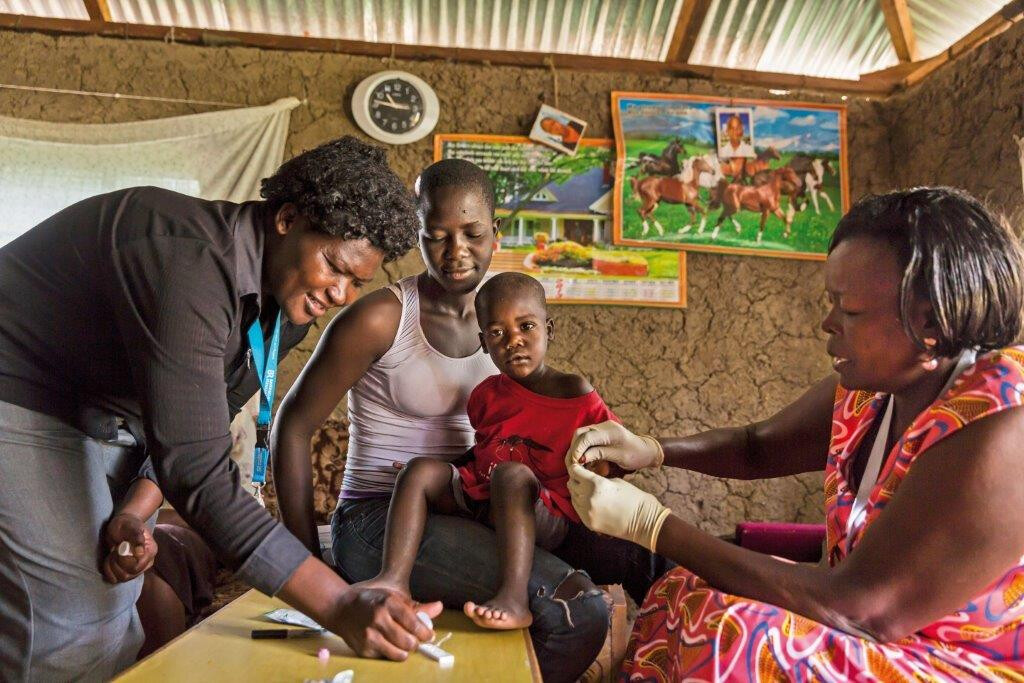
Abuja, Nigeria – The World Health Organization (WHO) has issued a stark warning about a resurgence of malaria, particularly in Africa. The 2024 World Malaria Report revealed a significant increase in malaria cases worldwide, with Ethiopia and Nigeria experiencing their highest death tolls since 2015.
Key Findings from the WHO Report:
Global Surge: 263 million malaria cases and nearly 600,000 deaths were recorded in 2023.
African Dominance: Africa accounted for 95% of global malaria deaths, with children under 5 being the most vulnerable.
Waning Progress: The effectiveness of anti-malaria drugs is declining, and climate change is exacerbating the problem.
Resource Constraints: Developing countries, including Nigeria, face significant resource shortages for malaria control due to factors like the COVID-19 pandemic and economic instability.
Nigeria: A Global Hotspot
Nigeria, the world's most populous African nation, carries the heaviest burden of malaria, with over 27% of global cases and 31% of deaths. Despite challenges, the country has taken steps to combat the disease, including launching a malaria vaccination campaign and signing a deal to promote local production of diagnostic kits.
Urgent Call for Action
Experts like Dr. Kehinde Ajayi emphasize the need for increased government funding for malaria interventions, research, and healthcare infrastructure. The WHO's target of $8.7 billion for malaria intervention was significantly undershot, highlighting the urgent need for global support.
The Road Ahead
To effectively combat malaria, a multi-pronged approach is required:
Increased Funding: Significant investments in malaria control programs are essential.
Innovative Solutions: Research and development of new drugs, vaccines, and vector control methods are crucial.
Community Engagement: Empowering communities to take preventive measures and seek early treatment.
Climate Change Mitigation: Addressing climate change can help reduce the spread of malaria.
Strong Health Systems: Building robust healthcare systems to provide timely diagnosis and treatment.
The global community must unite to address this growing health crisis and prevent further loss of life. By prioritizing malaria control and investing in sustainable solutions, we can hope to turn the tide against this deadly disease.
[Copyright (c) Global Economic Times. All Rights Reserved.]





























